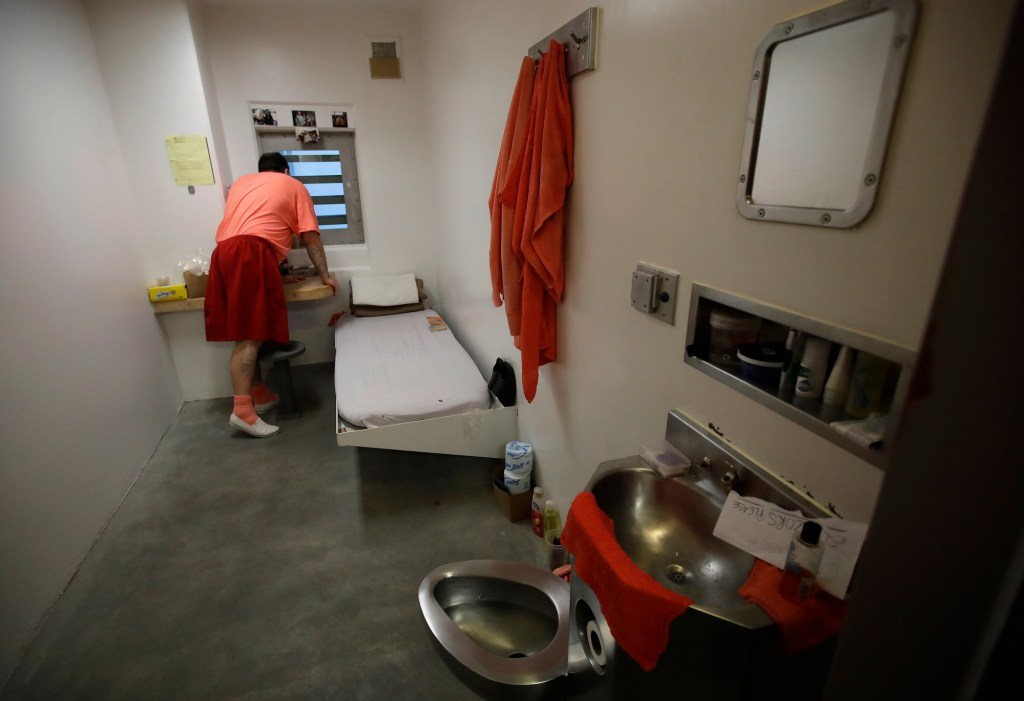At 15, I became a mom. Desperate to make money to support my baby, I got involved in drug sales and theft. I cycled in and out of the criminal justice system until I was 23.
Community programs in San Francisco helped me turn my life around. Today, I work for a nonprofit that connects people in county jails to diversion programs, which help them make similar transitions. And as founders of Freedom Braiders, my daughter and I lead programs that teach the art of hair braiding and offer cognitive behavior classes in jails.
Although the mistakes of my past do not define who I am today, my old record still stands in the way of simple things, such as passing a background check so I can volunteer at my grandchildren’s school.
I am one of the 8 million Californians — that’s 1 in 5 people — living with a conviction record. Having an old criminal record creates all kinds of barriers. It hinders our ability to find jobs, housing and an education, and often keeps us stuck in a cycle of post-conviction poverty.
Californians now have the chance to permanently expunge old conviction records. Gov. Gavin Newsom signed a law in 2022 that makes many old conviction records eligible for expungement, as long as a person has fully completed their sentence and has had no further contact with the justice system.
As part of my job, I visit county jails each week and I meet women with stories similar to mine. I can envision how much promise their future holds — if they can clear their records. I see this work as an opportunity to show them that their community will not give up on them, that they deserve a second chance.
Most just want a chance to make a living. That’s where the idea of barbering comes in.
While they are in jail or just leaving it, we train them to become a barber or a braider, so they have a skill to utilize when they get out. Many student barbers who come through my family’s barber shop are either formerly incarcerated or have a conviction.
This is my family’s way of paying it forward.
Roughly 30% of jobs in California require a person to be licensed, and many of those licenses are off-limits for people with old convictions.
With barbering, a criminal conviction doesn’t automatically exclude formerly incarcerated people from getting licensed, but the California Board of Barbering and Cosmetology has discretion. That inevitably puts some people at a disadvantage and makes getting a conviction record expunged even more important.
Now 49 years old, I started my expungement process a few months ago. I had put it off for decades because I was afraid of being rejected.
I attended an expungement clinic, where lawyers helped me prepare the paperwork. I’ve submitted my request for expungement and, though the process can take several months, I’m looking forward to starting fresh with a clean record and continuing to give back to the community.
I owe my second chance to mentors at two organizations, Mission Girls and Alive and Free. They showed me a different path was possible.
Joe Marshall, co-founder and violence prevention leader of Alive and Free, always told me, “The more you know, the more you owe.”
Hernandez is the director of strategic partnerships at the San Francisco Pre-Trial Diversion Project and owns a barber shop with her family in Contra Costa County. She wrote this for CalMatters.

